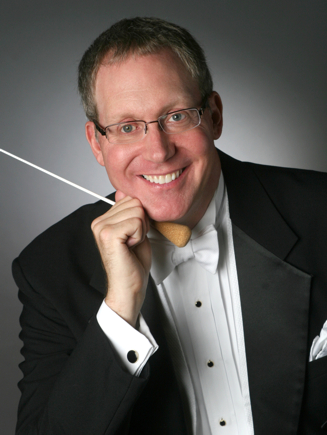Symphony Nova’s young musicians make a worthy showing in adventurous program
What to do after graduation? It’s a question that haunts every music school student who faces an ever tightening and increasingly competitive job market in classical music.
Fortunately for a few recent graduates in Boston, Symphony Nova is there to fill the gap between the hard work in the conservatory practice room and the longed for professional career. Organized as a professional training program for selected instrumentalists, the ten musicians of Symphony Nova are offered entrepreneurial and business education from the Arts and Business Council of Greater Boston and Boston Private Bank, teaching opportunities in local schools, and, most importantly, the chance to further hone their skills through a series of public performances.
Symphony Nova’s first event of the season took place Friday night at Boston’s Old South Church and showcased the inaugural class of fellows in an eclectic program of chamber music.
The evening began with Martinů’s Nonet (1959). The last of the exiled composer’s chamber works—Martinů was living in Switzerland at the time—the three movements of the Nonet are cast in the crisp style of Haydn but jazzed up with biting dissonances and folk dance idioms from the composer’s native Czechoslovakia. The lilting dance figures of the outer movements featured precision playing from the Nova winds and strings. The central movement opened with mournful lines that were passed gracefully between cello, violin, and bassoon before settling into a soaring horn solo, warmly played by Marina Krickler, and a soft, Syrinx-like passage in the flute, floated tenderly by Kate Lemmon. Conductor Lawrence Isaacson, with gentle waving gestures, pulled carefully crafted phrases from the ensemble.
Walter Piston’s Divertimento for Nine Instruments (1946) is cast in a similar vein. Somewhat of a departure for a composer known for his restless musical style, the Divertimento is a boisterous and colorful work. The outer movements contain bustling rhythmic interplay in shifting meter and featured the Nova fellows in some of their liveliest playing of the evening. The second movement is characterized by sweet, lyrical phrases that are spaciously scored in the instrumentation. Yet this isn’t stoic music, and the sweeping lines could have used a greater range of expression from the musicians.
That was remedied in Édouard Lalo’s Deux Aubades. Completed in 1872, these sumptuous little gems are drawn from the composer’s unperformed opera, Fiesque. The pieces, taken together, are like a symphony in miniature. The Nova musicians found both the light and dark lyricism of the first movement. The centerpiece of the second is a charming, aria-like melody in the first violin, which Ryan Shannon played with amber tone.
Romantic touches and sensitive playing also marked Nova’s performance of Bernhard Sekles’ Serenade for Eleven Solo Instruments, which closed the program.
Today, Sekles (1872-1934) is remembered as one of Paul Hindemith’s teachers. And like Hindemith, Sekles’ music draws upon neo-Baroque and neo-Classical forms. Spanning nearly a half hour, the Serenade (1907) encompasses theme and variations, a miniature scherzo, and a sinewy fugue in its five movements.
But the work’s vocabulary is clearly romantic. The first movement is based upon a gently waving theme that sounds like a Schubert art song. Lush orchestral colors characterize some of the variations, which featured beautiful playing from guest harpist Erica Driscoll, cellist Nick Dinnerstein, and clarinetist Nicholas Brown. The work’s expansive phrases and exposed parts sometimes posed a problem for the Nova musicians, and their otherwise fine reading suffered due to a few ragged attacks, cracked notes, and botched lines.
Yet, as in the Martinů and Piston, the musicians were at their best in the music’s more energetic movements. The Scherzino featured finely wrought oboe and bassoon playing from Alicia Maloney and Daniel Beilman respectively, and the buoyant finale was clear, crisp, and charming.
Symphony Nova’s next concert will feature works chosen by the Nova Fellows, 6:30 p.m. February 6 at Old South Church. symphonynova.org; 781-381-3300
Posted in Performances
